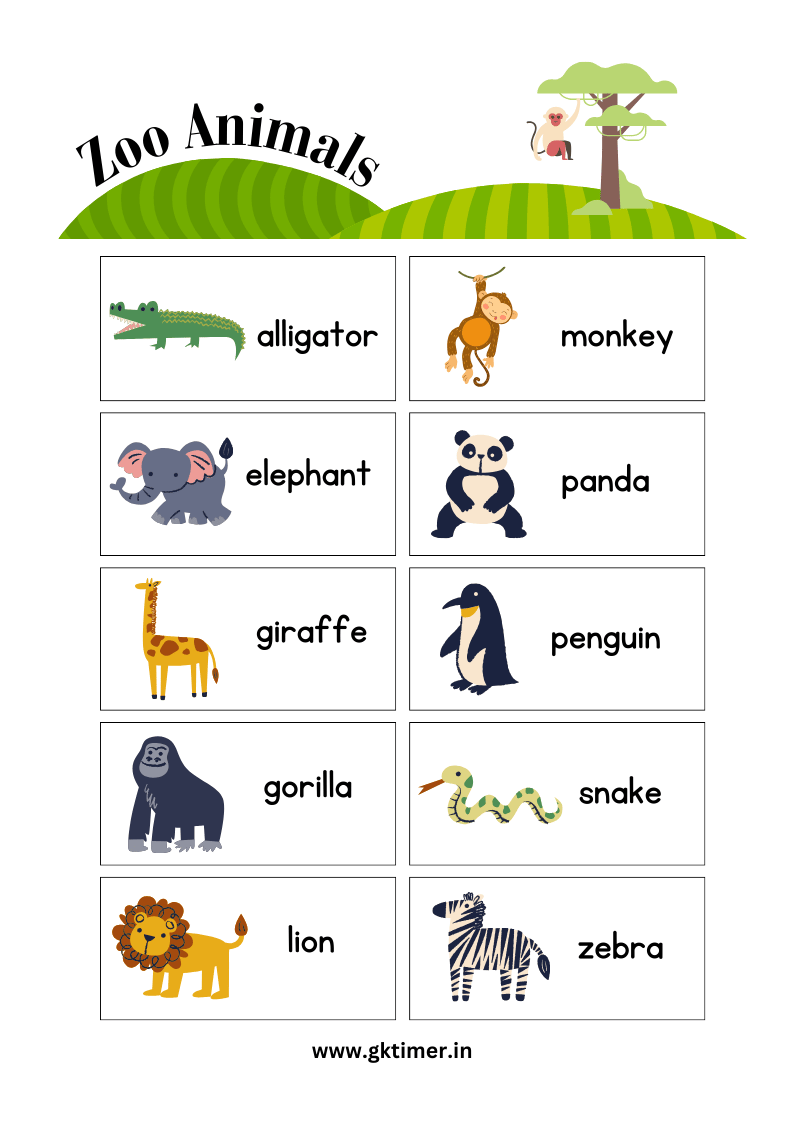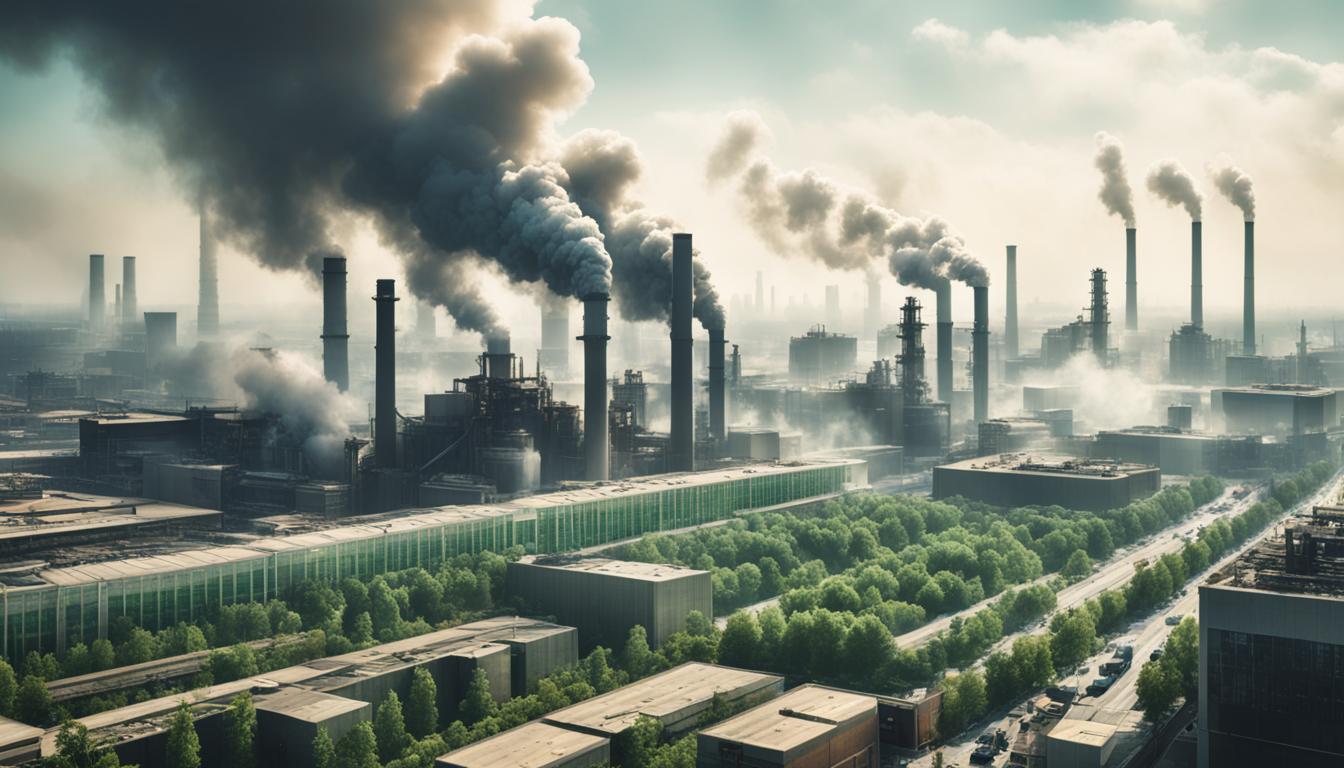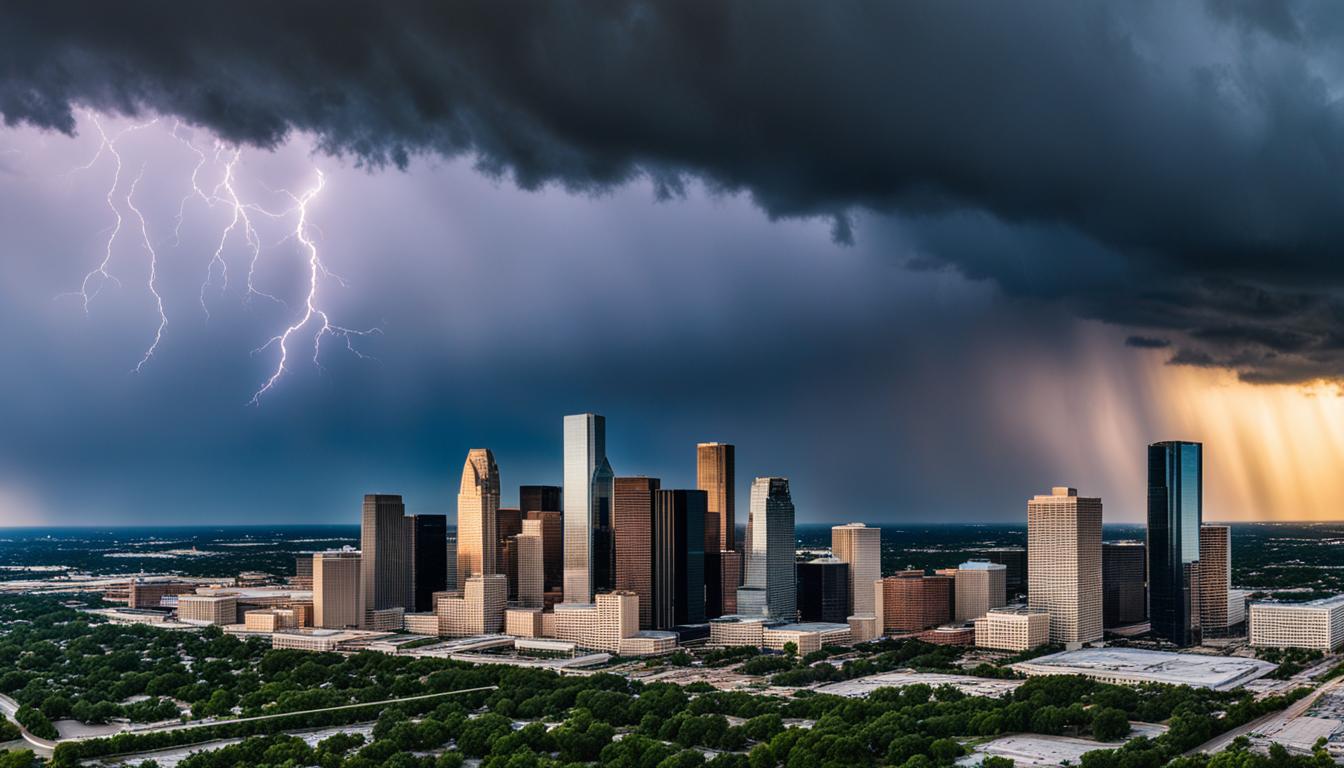91. India is the largest producer and consumer of
Correct Answer:-B ( Tea )
Description:- India is the largest produces and consumer of tea in the world and accounts for 28 percent of world production and 15 percent of the world trade.
92. Which State called the ‘Rice-Bowl’ of India ?
Correct Answer:-C ( Andhra Pradesh )
Description:- Andhra Pradesh is called the ‘Rice Bowl of India’.
93. Endosulfan spray on cashew crop resulted in the pollution to the tune of tragedy in :
Correct Answer:-A ( Kerala )
Description:- Kasargod, a northern district of Kerala, has recently been ill-famous for Endosulfan spray on cashew crop. The spray of this banned chemical was reported to have led congenital abnormalities, mental retardness and cancer in the local population.
94. Which Indian State is not known to produce tea ?
Correct Answer:-D ( Chhattisgarh )
Description:- The tea producing areas of India are: Assam, West Bengal, Tamil Nadu, Kerala and Karnataka. The Largest state with area under Tea Plantations in India is Assam, followed by West Bengal and Tamil Nadu.
95. At the time of independence, predominantly India practised
Correct Answer:-A ( Subsistence agriculture )
Description:- At the time of independence, Indian farmers practised subsistence agriculture, only producing enough to feed themselves. Since India’s independence, food and cash crop supply has greatly improved with the initiation of the Green Revolution in the 1960s.
96. Which State is the largest producer of pulses in India ?
Correct Answer:-C ( Madhya Pradesh )
Description:- The top producer of pulses in India is the state of Madhya Pradesh. It contributes about 24%” of the overall pulses production of the nation.
97. Which Indian State is the leading cotton producer ?
Correct Answer:-A ( Gujarat )
Description:- Gujarat is the leading cotton growing state while Maharashtra devotes the largest area to cotton cultivation in the country. With an estimated 4 million farms, India has the largest area devoted to cotton production in the world.
98. The most ideal region for the cultivation of coffee in India is the
Correct Answer:-D ( Deccan Plateau )
Description:- The Deccan Plateau is ideally suited for coffee cultivation in India. Coffee is grown in three regions of India with Karnataka, Kerala and Tamil Nadu forming the traditional coffee growing region of South India. These three states produce almost the entire coffee grown in India.
99. Kerala is famous for the cultivation of-
1. Coconut 2. Black-pepper 3. Rubber 4. Rice
Correct Answer:-A ( 1, 2 and 3 )
Description:- Kerala is a major producer of commercial plantation crops like coconut, rubber, pepper, cardamom, ginger, cashewnut, arecanut, coffee, etc. “Kerala’ literally means the land of coconut palms. Bulk of India’s coconut production comes from Kerala. Similarly, it is the largest producer of pepper and natural rubber in India.
100. Among the following districts of Tamil Nadu, which district is unfit for cultivation due to increased salinity :
Correct Answer:-C ( Nagapattinam )
Description:- The Nagapattinam district of Tamil Nadu was badly affected by tsunami in December 2004. It caused great damage to a large number of agricultural lands in the coastal areas, making them sodic. Large tracts of agricultural lands along with the standing crops were destroyed and became unfit for cultivation due to influx of sea water. The district is marked by highly saline condition in which no paddy crop can be cultivated unless the entire soil is flushed with fresh water and gypsum. Besides, aquaculture activity has also led to the dispersion of salt into land area inland making them saline and unfit for any other agricultural purpose.
101. The State with highest production of wheat in year 2012–13 is
Correct Answer:-C ( Uttar Pradesh )
Description:- Uttar Pradesh was the state with highest production of wheat during 2012-13. It produced 30301.942 (in thousand tonnes) of wheat during the year. It retained its prime status even during 2013-14.
102. The largest producer of Lac in India is
Correct Answer:-B ( Jharkhand )
Description:- The leading producer of lac is Jharkhand, followed by the Chhattisgarh, West Bengal, and Maharashtra. Lac is the scarlet resinous secretion of a number of species of lac insects, of which the most commonly cultivated species is Kerria lacca.
103. The blue revolution is related with
Correct Answer:-A ( Fish production )
Description:- Blue Revolution is the water equivalent of the green revolution and primarily refers to the management of water resources, especially fish production. The Blue Revolution envisages transformation of the fisheries sector with increased investment, better training and development of infrastructure.
104. The most ideal region for the cultivation of cotton in India is
Correct Answer:-B ( The Deccan Plateau )
Description:- Deccan plateau is considered as the most ideal region for the cultivation of cotton in India. The lava soil of Deccan plateau is world renowned for cotton production and is popularly known as the black cotton soil. This is especially true of the central part of Deccan plateau, comprising Maharashtra, parts of Gujarat and Chhattisgarh, Madhya Pradesh, Andhra Pradesh and Karnataka.
105. Which one of the following States produces the largest amount of spices ?
Correct Answer:-C ( Karnataka )
Description:- The major spice producing states of India are Gujarat (18 per cent), Andhra Pradesh (14 per cent), Rajasthan (11 per cent), Madhya Pradesh (8 per cent) and Karnataka (6 per cent). Spice production in India is currently estimated at 5.7 million tonnes from an area of about 3.2 million hectares.




